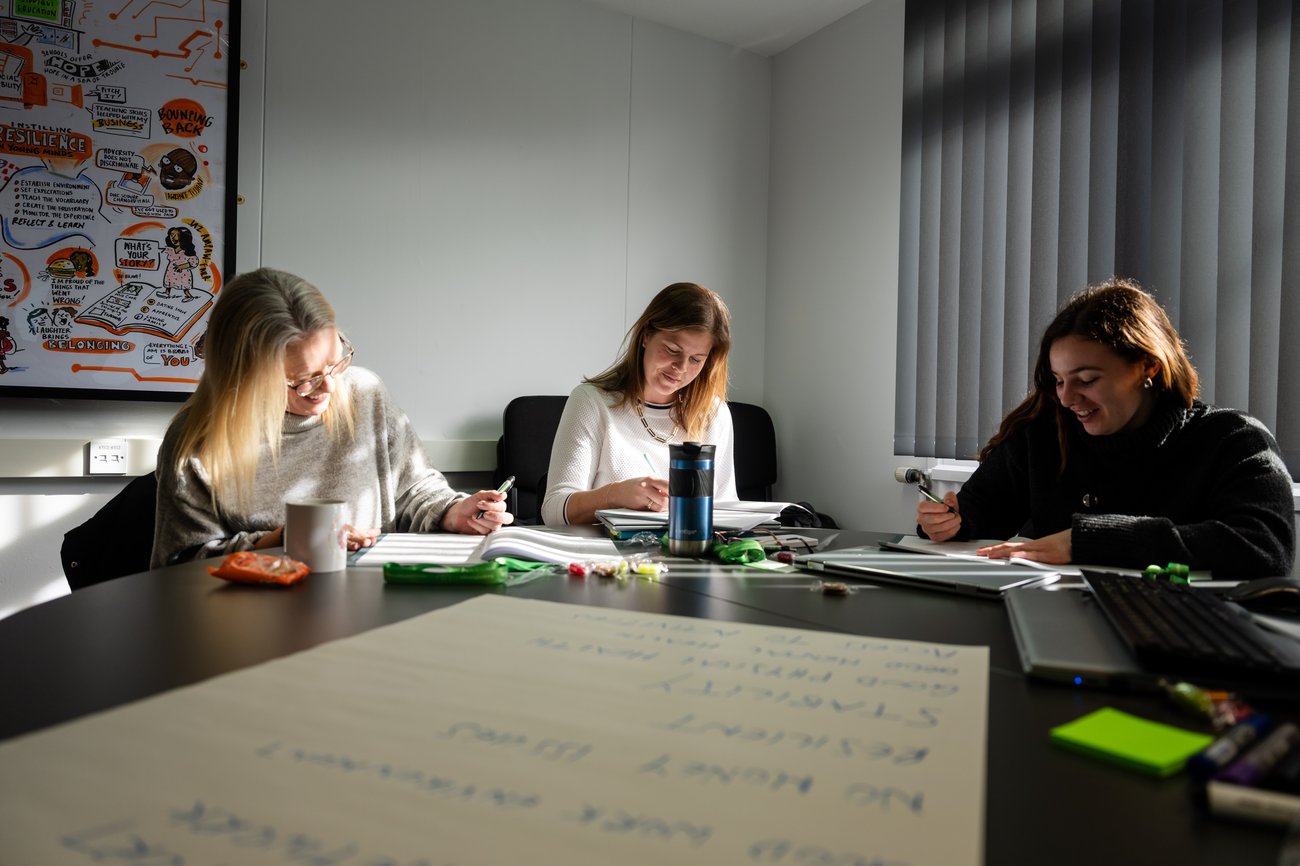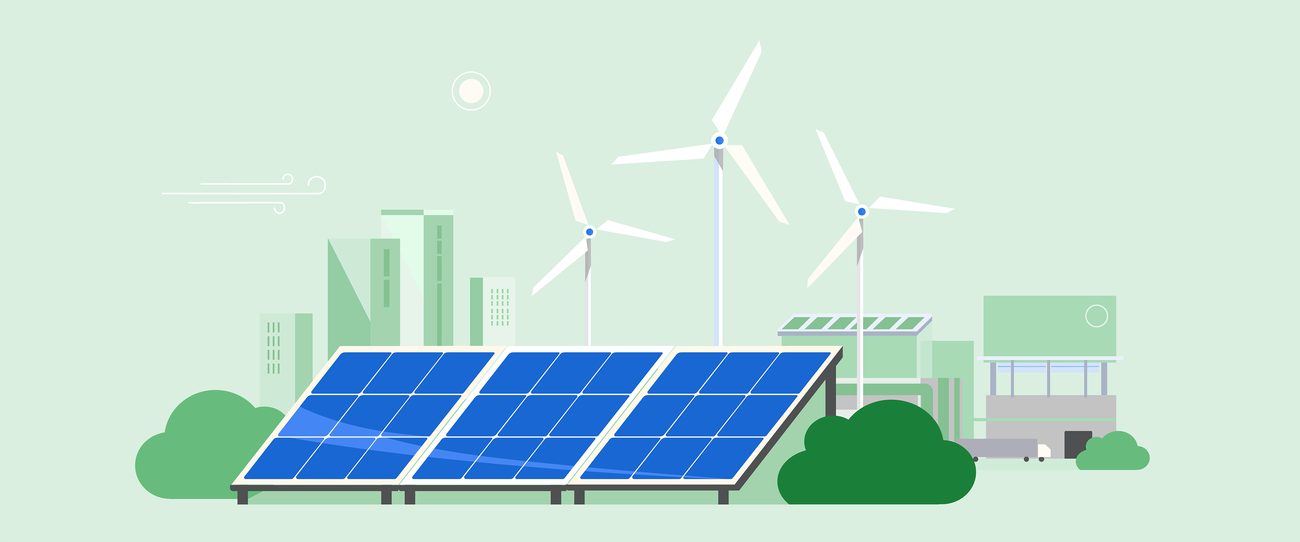[ad_1]
The world’s plastic pollution problem is a large and complex challenge — more than 91% of plastic isn’t even recycled and is left sitting in landfills or littering our oceans and communities. Reducing plastic waste requires entire industries to come together and take more meaningful action.
For us at Google, that means rethinking our approach to the way we source products, serve food and reduce our waste. We’re looking to switch from using single-use disposable products in our onsite food service operations to more reusable solutions — whether it’s snack wrappers or changes to packaging used during distribution and delivery. Reducing — and ultimately eliminating — single-use plastics will help stem the tide of plastic polluting our planet.
So, to help further reduce the plastic footprint across food services and shine a light on emerging solutions, we’re launching our Single-Use Plastics Challenge. If you’re a food and beverage company with single-use, plastic-free packaging solutions, we invite you to apply to the Challenge. You can find more information and apply here.
How you can help
The Single-Use Plastics Challenge — hosted in collaboration with premier food service management company Canteen and other food service partners — will give food companies with packaging that is free of single-use plastic the opportunity to test their solutions in Google’s U.S.-based cafes and MicroKitchens.
Products must meet U.S. federal, state and local food safety regulations and Google Food program standards for health, environmental, social and financial considerations. Finalists will have the opportunity to pitch their products to Google and leading global food operators to scale them across our U.S. offices.
Our journey toward a sustainable future
Reducing our plastic footprint is just one way we’re working toward our sustainability commitments across operations, partnerships and products. Over the last two years, we’ve mapped out the types of single-use plastic products purchased through our supply chain and partnered with distributors that use more reusable, durable containers to transport goods. To drive even broader industry impact, we’re working with some of those companies to shift away from single-use plastics in their operations.
To realize a more sustainable world, we must accelerate the transition to a circular economy — one that keeps materials, products and services in circulation for as long as possible. The progress we’ve seen continues to motivate us to do our part and build a more sustainable future for all, and we hope others will join us to take on this challenge.
[ad_2]
Source link







